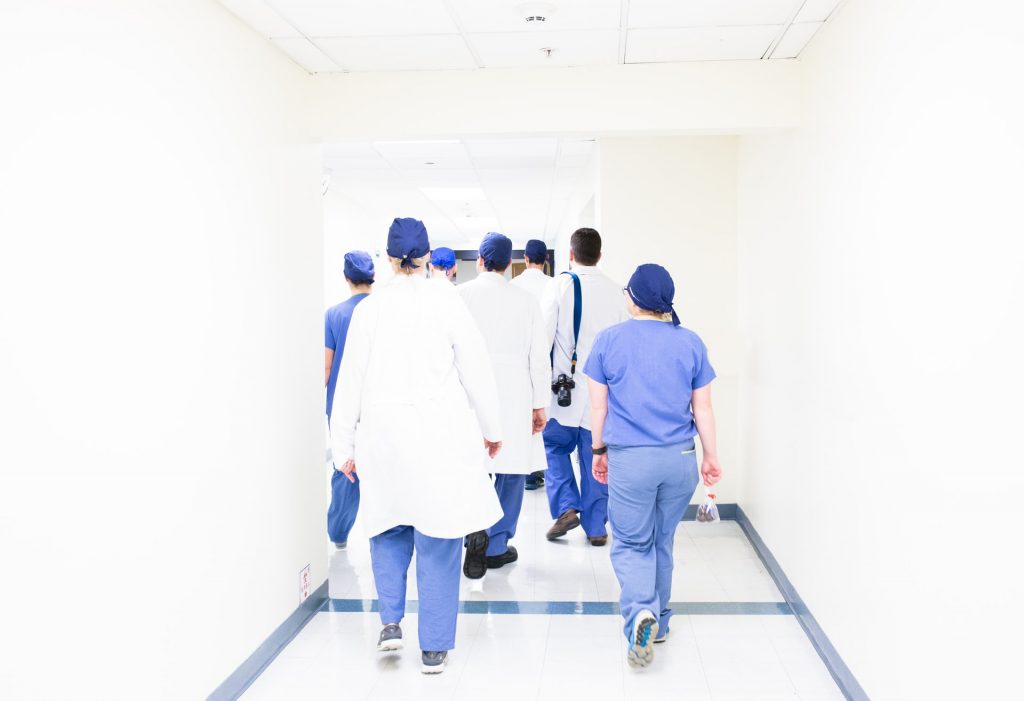News
DOH, NTF at sentinel surveillance stage vs. pandemic

MANILA – The government is now at a “sentinel surveillance” stage in assessing the country’s Covid-19 pandemic situation.
National Task Force (NTF) Against Covid-19 medical adviser, Dr. Ted Herbosa, said in a televised public briefing on Friday that the Department of Health (DOH) and the NTF are no longer monitoring the daily number of new cases.
Instead, they are focusing their attention on protecting the vulnerable population against the disease.
According to experts, sentinel surveillance is a study of disease rates in a specific sector to estimate trends in a larger population.
“Ito ang rason kung bakit siguro inuna natin sa second booster dose iyong ating mga immunocompromised sapagkat ngayon ang approach natin ay ang tinatawag na sentinel surveillance. Ang gusto nating bantayan [ay] iyong mga na-oospital at [mga] namamatay (This might be the reason why we prioritized the administration of a second booster dose to our immunocompromised because now our approach is the sentinel surveillance. We want to monitor those hospitalized and deaths),” Herbosa explained.
Herbosa said the sentinel reporting in the country includes the monitoring of individuals belonging to the population with weak immunity and other sectors that are at very high risk of infection.
“Babantayan natin iyong puwedeng ma-ospital at iyong puwedeng mamatay (We will monitor those that may be hospitalized or die),” he said.
Based on the World Health Organization report in May 2021, the Covid-19 pandemic “has reinforced the value of sentinel surveillance systems for providing timely information on epidemiologic and virus trends, detecting co-circulation of influenza and Covid-19 and evaluating the impact of these two diseases on health systems”.
The government has earlier launched the latest phase of the national action plan (NAP) that seeks to eliminate the threat of Covid-19, protect people from the risks of infections, and accelerate and sustain socio-economic recovery.
Under NAP phase 5, the government will ensure the continuity of businesses and services by adopting risk-informed guidelines, harmonizing and streamlining travel protocols, and institutionalizing safe work and public spaces.





















